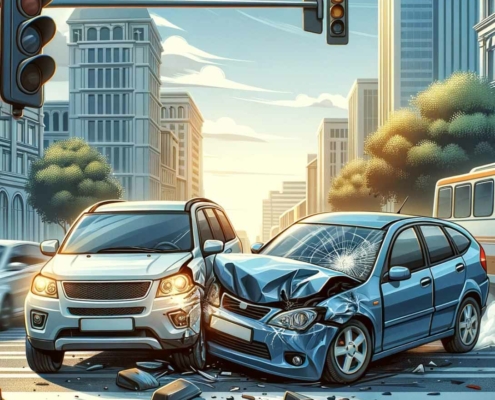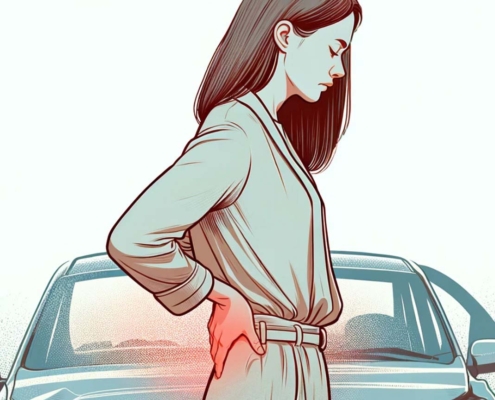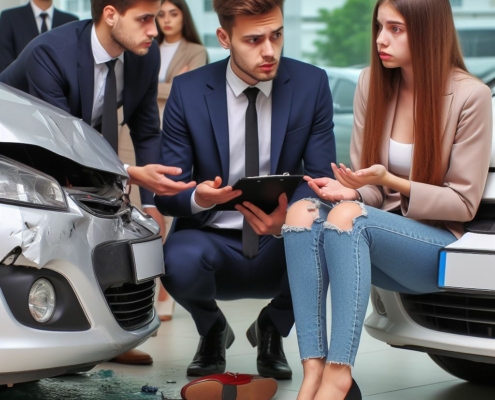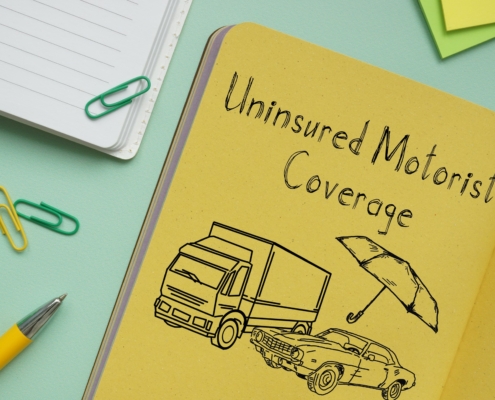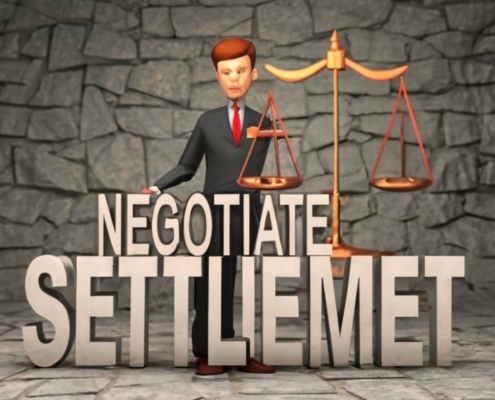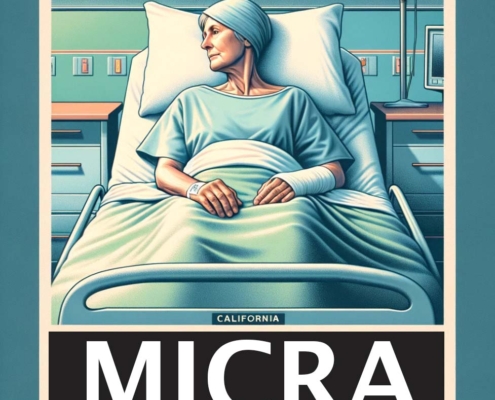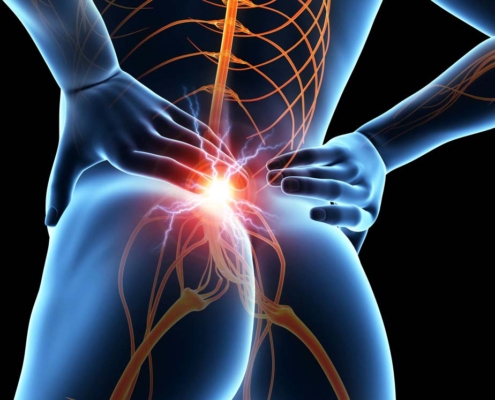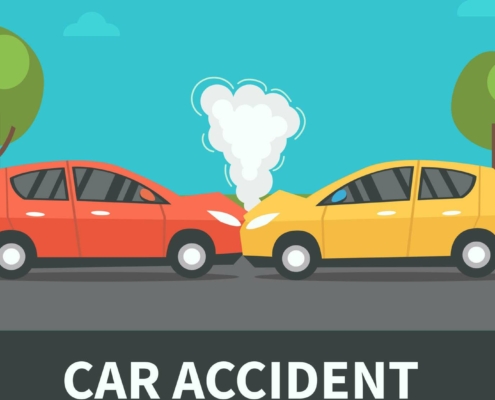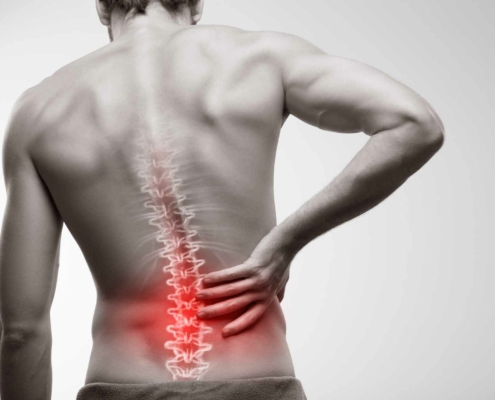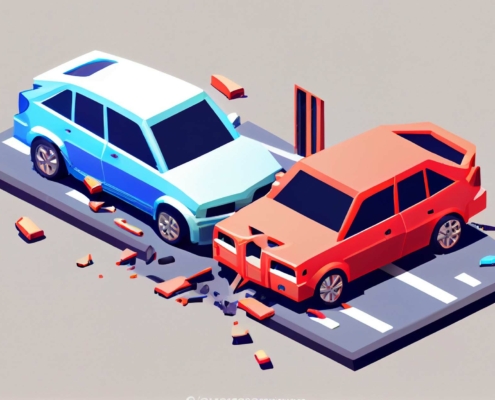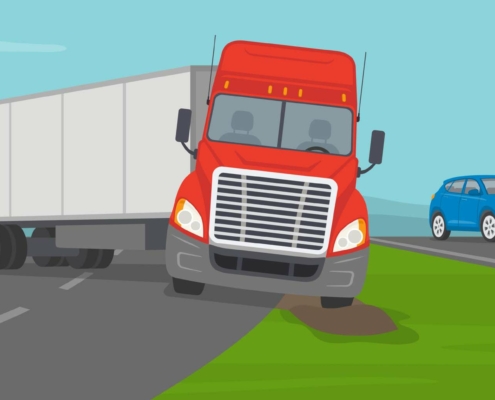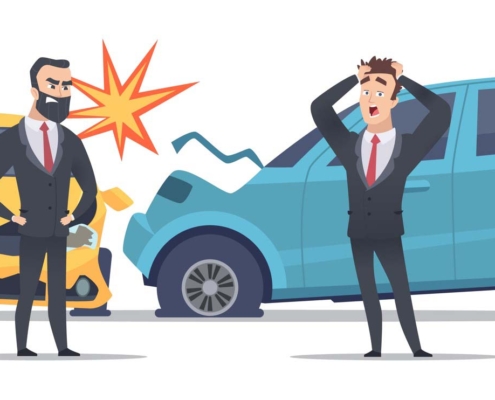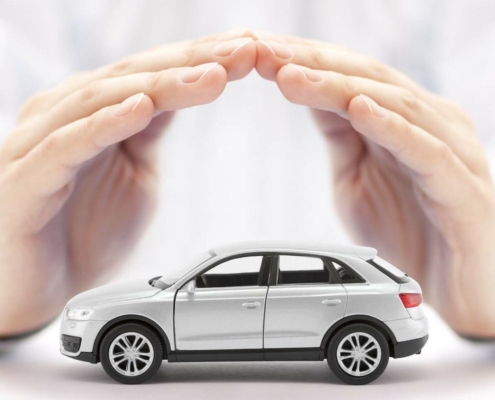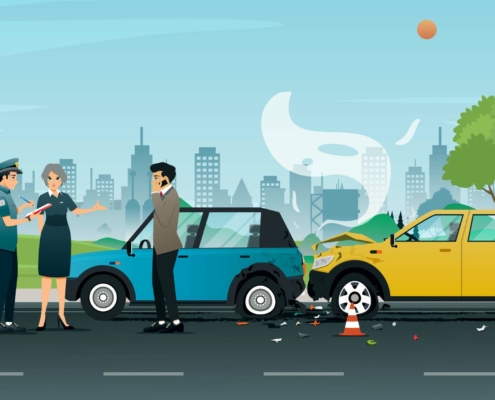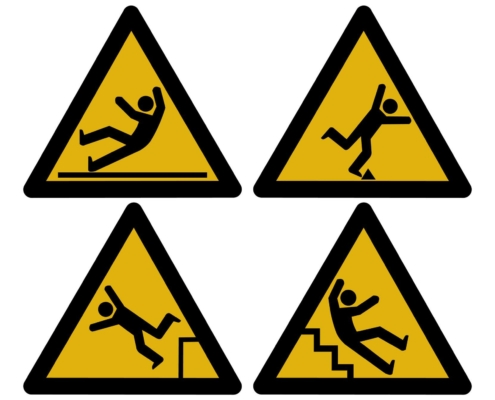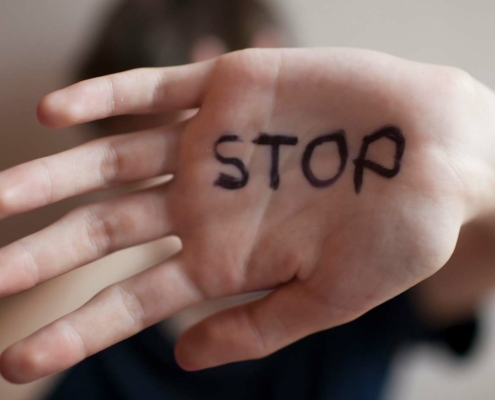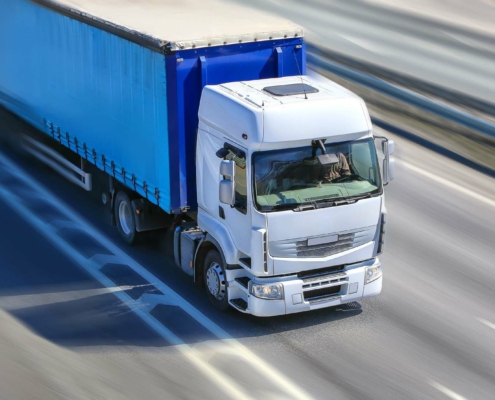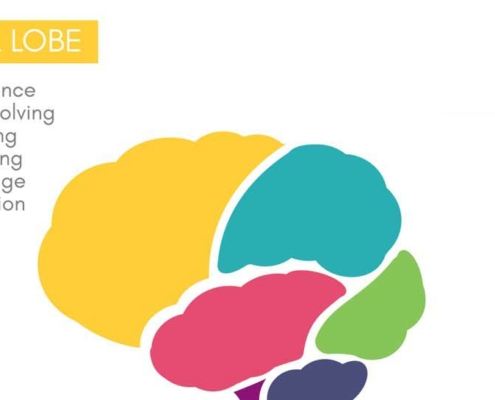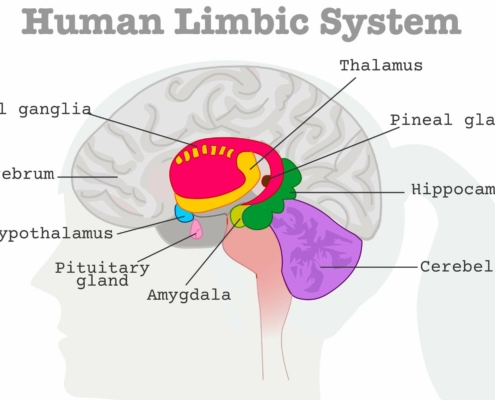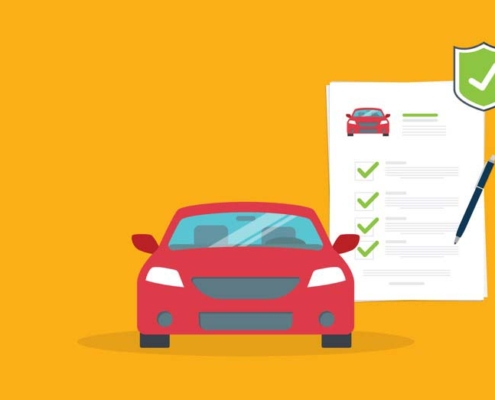What happens when you’re not at fault for a car accident?
With car accidents sending more than two million people to the hospital every year, accidents are an unfortunate daily reality that can affect anyone. Not every accident will be your fault, and it can send your life into a tailspin. To protect yourself and advocate for your own interests, you should learn what to do after a car accident that is not your fault.
Right after a car accident, you should call law enforcement, 911 for any injuries, and your insurer. If the other driver caused the accident, you should think about filing a claim with their insurer for compensation.
This article will go over what you should do after an accident that is not your fault. This way, you can get the compensation you need to recover and move on with your life.
What do you do right after a car accident?
Ensure safety
In the moment following an accident, you will likely be experiencing shock and stress. The first thing you should do is make sure you are uninjured and then check on the other driver. If the conditions are safe, move the cars to the side of the road to not block traffic. If there are any injuries, contact 911. Also, call the police to make a report of the accident.
The critical point here is to make sure that no one’s injuries are made worse and that the public is kept safe.
Exchange information
After being involved in an accident that is not your fault, collect evidence of what happened. Car accidents are expensive, so having proof of what happened can help ensure you are not on the hook for damages.
Following an accident, you will need to gather specific information. First, you need the contact information of the other driver, including their name, address, number, license, and VIN. It is also recommended that you get the contact information of any witnesses. Photos of the damages can also come in handy later. You will also want to get the contact information of the police officers, as well as copy of the police report.
The above information is hard to get ahold of down the road, so it is best to collect it at the scene of the accident.
Go to the doctor
Even accidents that happen at slow speeds can cause injuries. One tricky aspect of car accidents is that injuries may not show up right away. You may walk away from a crash feeling fine, only to wake up two weeks later feeling awful. For this reason, it is important to have a full medical exam after an accident. A doctor can document any injuries. Their word is important when you file a claim for damages.
Review insurance coverage and state laws
How much compensation you get after a car accident that was not your fault will depend on the state. In no-fault states, your own insurance may cover your damages after minor accidents. In no-fault states, drivers get compensation from their own insurer. However, there is a limit to this compensation. For these states, fault is not at issue. That said, a claim can still be filed against the at-fault driver for property damage.
Other states rule that the at-fault driver must pay for medical bills, property damage, and other losses.
After you are involved in a car accident that is not your fault, you should review your state’s laws and check your personal insurance coverage.
Inform your insurance company
After a car accident that was not your fault, you should call your insurance company right away. Even if the accident was not serious or the other driver offered cash on the spot, you should still report the crash.
This is because even small accidents can cause big problems. Let’s say a driver offers you $500 after a fender bender. You agree, then take your car to a shop. It turns out the accident caused internal damage to your car, and the bill comes out to $2000. The other driver does not have the money to cover that damage. Now you have a problem.
Your insurance company can help you get the money you need from the other driver’s insurance company. If you are in a no-fault state, they can also provide some compensation. If you have underinsured motorist coverage, your insurance company will offer the money the at-fault driver cannot.
If you do not let your insurance company know right after the accident, you may not be able to get compensation. If the at-fault driver does not pay for your losses, you could be facing big problems.
Report to DMV if Necessary
The California DMV requires you to report a car accident by completing an SR-1 report and send it to DMV within 10 days if someone is injured (no matter how minor the injury) or killed, or property damage is over $1000.
Sue the other driver’s insurance company
Often, you may be entitled to get compensation from the driver who caused the accident. In fault states, this is typical. In no-fault states, this happens when there are serious injuries or property damage.
It is possible the insurance company of the at-fault driver will offer you a settlement. However, be wary. They will likely not offer a fair settlement value. If this is the case, you may need to sue the at-fault party’s insurer. If they are offering far less money than you need to cover your damages, this is the appropriate step.
A lawsuit gives you the opportunity to provide evidence of your losses and argue for a higher settlement amount. Be aware, however, that the insurance company will only pay up to their policy limits regardless of what the jury awards you. If the jury awards you $25,000 but the insurance company’s policy only covers $10,000, you may need to sue the driver directly.
How can a car accident attorney help?
A lawyer can go over your rights with you and help you get the compensation you need after a car accident that was not your fault.
What should you avoid saying after a car accident?
After a car accident, you may be worried about the other driver. However, it is not wise to apologize or admit fault. If you accept blame, you may not be able to claim compensation.
Do I need to talk to the other insurance company?
You should not try to speak with the other driver’s insurance company directly. Rather, give them the contact information of your attorney or insurer. These parties will handle the case on your behalf.



